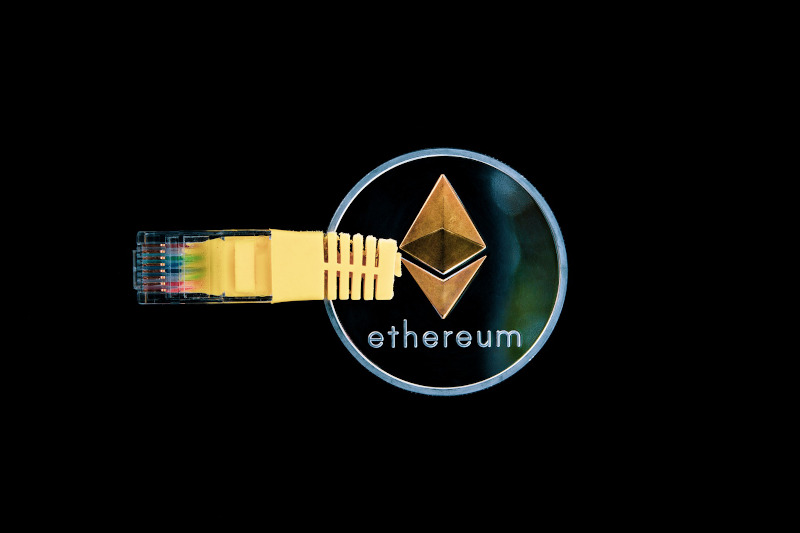Ethereum philosophy
In our previous post, we discussed the emergence of Ethereum. In this post, let’s talk about the major differences between Bitcoin and Ethereum.
Bitcoin: Ancestor of Ethereum
Ethereum’s origins are coming from its founder Vitalik Buterin’s troubles in trying to develop Bitcoin.
Bitcoin itself is a system that is designed mainly to preserve value and provide users the ability to transfer this value to anyone in the world, anytime they want, without any restrictions. As we mentioned in previous posts, money is essentially a belief system and its essence is based on trust. It gains acceptance among people if they believe in it and trust that it would preserve value.
How about Ethereum?
Ethereum, in essence tries to be the ‘world computer’ which means be an infrastructure where anyone in the world would use without any restriction. What do we mean by ‘use’? Well, that means different things for different people. For developers, it is, to develop any application and deploy it on Ethereum without any restrictions. For users, to have access to the Ethereum system and use these applications without any limitations.
 |
|---|
| Image by WorldSpectrum from Pixabay |
Why is this important? Well, in early 2010s developers used to code for major platforms such as Facebook. However, Facebook being the sole master of its network, changed rules frequently, mostly to get a higher share in whatever value created by these programs. This caused developers to see their applications became useless overnight due to sudden changes in Facebook. In the end, many developers faced what is called ‘deplatforming’, they are either forced out of Facebook system or left voluntarily as they are tired of endless developments while seeing their revenues gradually eaten by Facebook.
The same applies for users. They experience deplatforming, due to changes in platform policies, which may be seen as necessary in some cases but mostly stemmed from political reasons. This may be seen as normal for some people living under authoritarian regimes but in countries where individual freedom is an essential right such incidents are not acceptable. So users would use any application they want at any time from anywhere in the world, without revealing their identity.
The technology that allows people to exercise such rights, cannot come from any central authority. Why? Whoever controls that authority acts as an intermediary would control the users and change rules. So you need a neutral ground. How would you do that? By distributing the power of authority i.e., the task of mediation to thousands of independent actors.
This piece is first published in BlockchainIST Center on October 16th, 2021.
None of the views expressed in this article should be considered as investment advice
